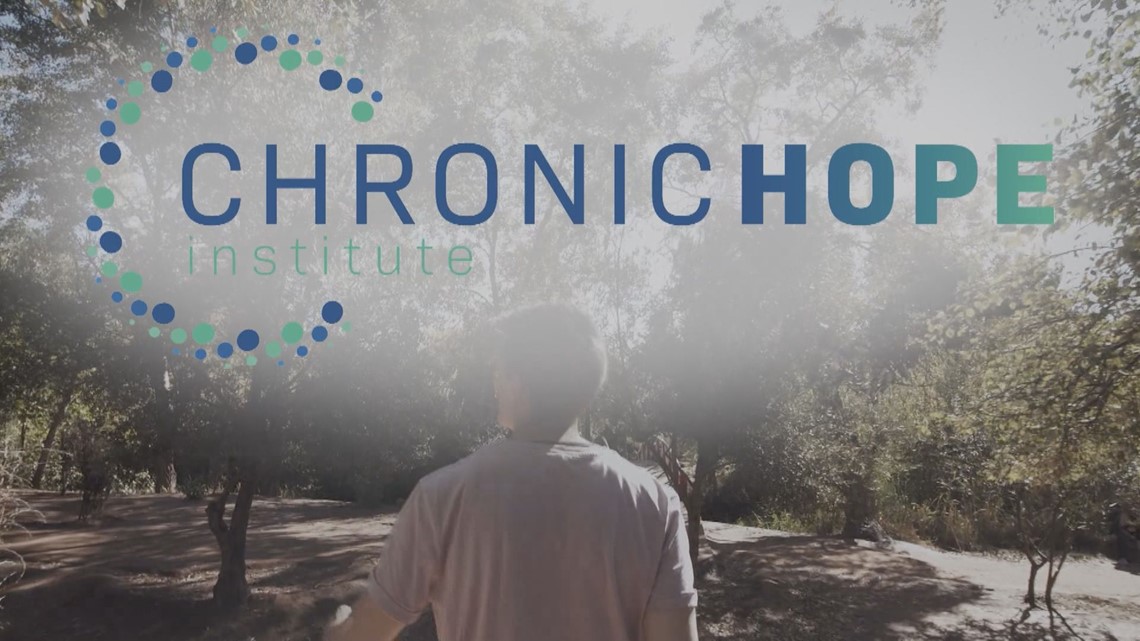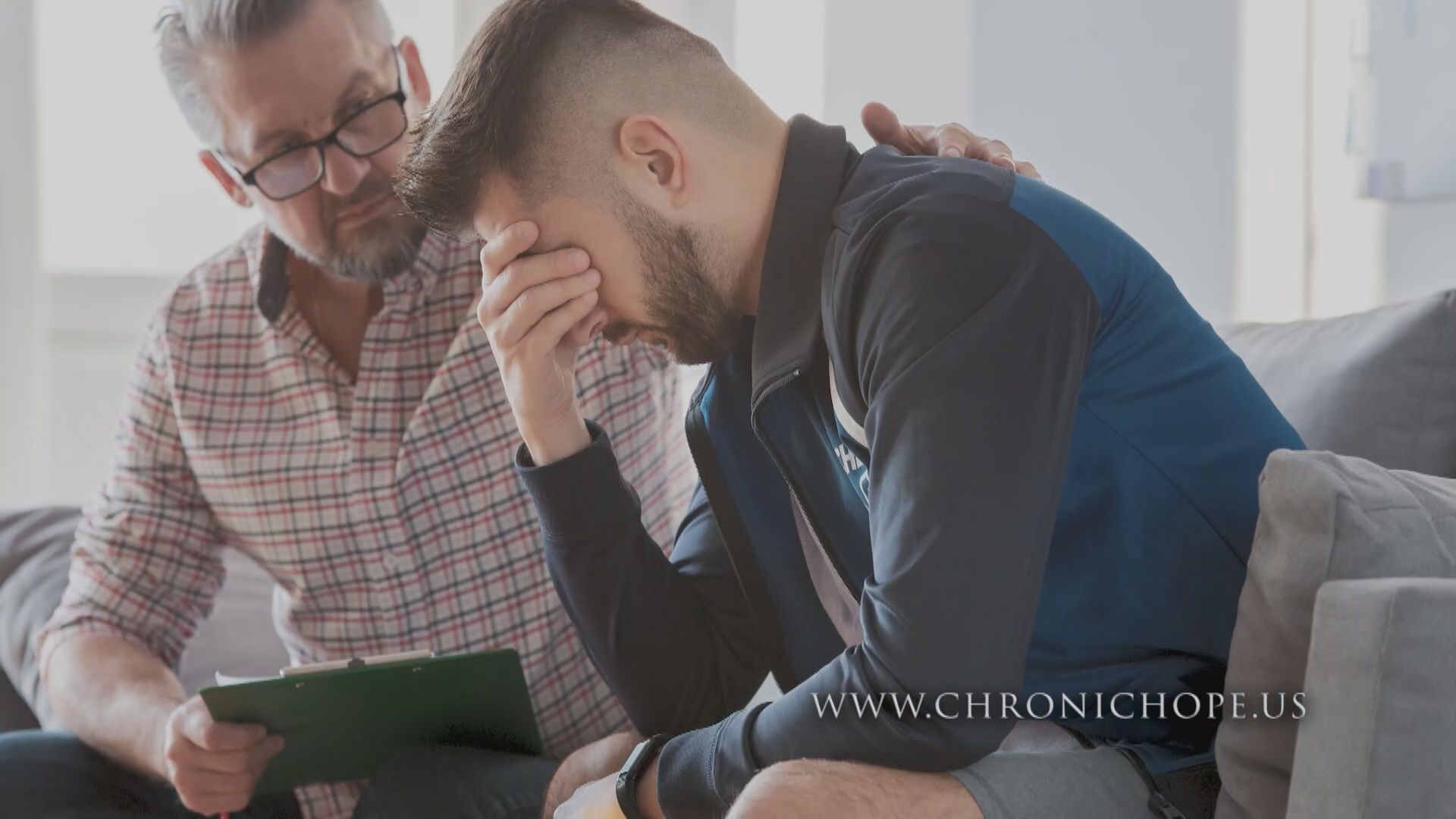DENVER — Addiction is a disease that affects more than the addict. It can take a toll on everyone close to the person trying to cope.
Kevin Petersen is a family and mental health therapist and the founder of the Chronic Hope Institute.
The institute focusses on educating families on addiction, codependency, and recovery to hopefully create greater future change.
Petersen’s journey to help others started with his own rocky past.
“I grew up in a house of addiction,” Petersen said. “We had a big beautiful home and all the accoutrements of a nice lifestyle, but we also had a big secret. Mom was a prescription drug addict”.
He says his family hid the truth, but keeping the family secret didn't stop the addiction from spreading.
“When I was thirteen I started experimenting with drugs,” Petersen said.
He made it through high school but flunked out of college, and lied to his family about it, even walking them through a fake graduation.
A conversation with his dad in 1990 is one he can never forget.
“Kevin you are my only son and I love you, but I don't believe a word out of your mouth, I think you're a liar, cheat and a thief," Peterson recalled his father saying. "I think you're a drug addict and alcoholic. I am very confident that you didn't graduate from college and we've decided you are no longer welcome in the family until you address these things."
He started seeing a therapist who suggested he enter a 12 step program.
"My therapist said 'I think you are an alcoholic and drug addict and you need help or you’re going to die,'" Peterson said. "My sobriety date is May 5, 1991. I’ve been continuously sober, and I just celebrated 30 years."
He went back and finished college and received a master's degree in family counseling. In 2014, Peterson lost his mother to long-term prescription drug use.
That same year, he started Petersen Family Counseling and in 2020, he launched the Chronic Hope Institute with a mission to help the family along with the addict.
“It’s traumatizing having someone who is trying to kill themselves with drugs and alcohol and the family feels there is nothing they can do about it,” Petersen said. “You're not responsible for that person's addiction but you are responsible for how you respond to it”.


The work he and his team of professionals do at the Chronic Hope Institute is broken into three categories. The first is getting into treatment, then during treatment he engages with the family, working to change the family system.
“Then the third is reintegration and seeing how everybody does,” Petersen said.
Petersen believes counseling, matched with case management, and mixed with training and education, will not only help the addict but also recover the family and destigmatize mental health and addiction.
“It’s okay to have a problem but let’s get you some help, let’s get the help and address the entire system,” said Petersen.
Chronic Hope Institute offers videos and podcast online that are free to the public.
SUGGESTED VIDEOS: Mile High Mornings

